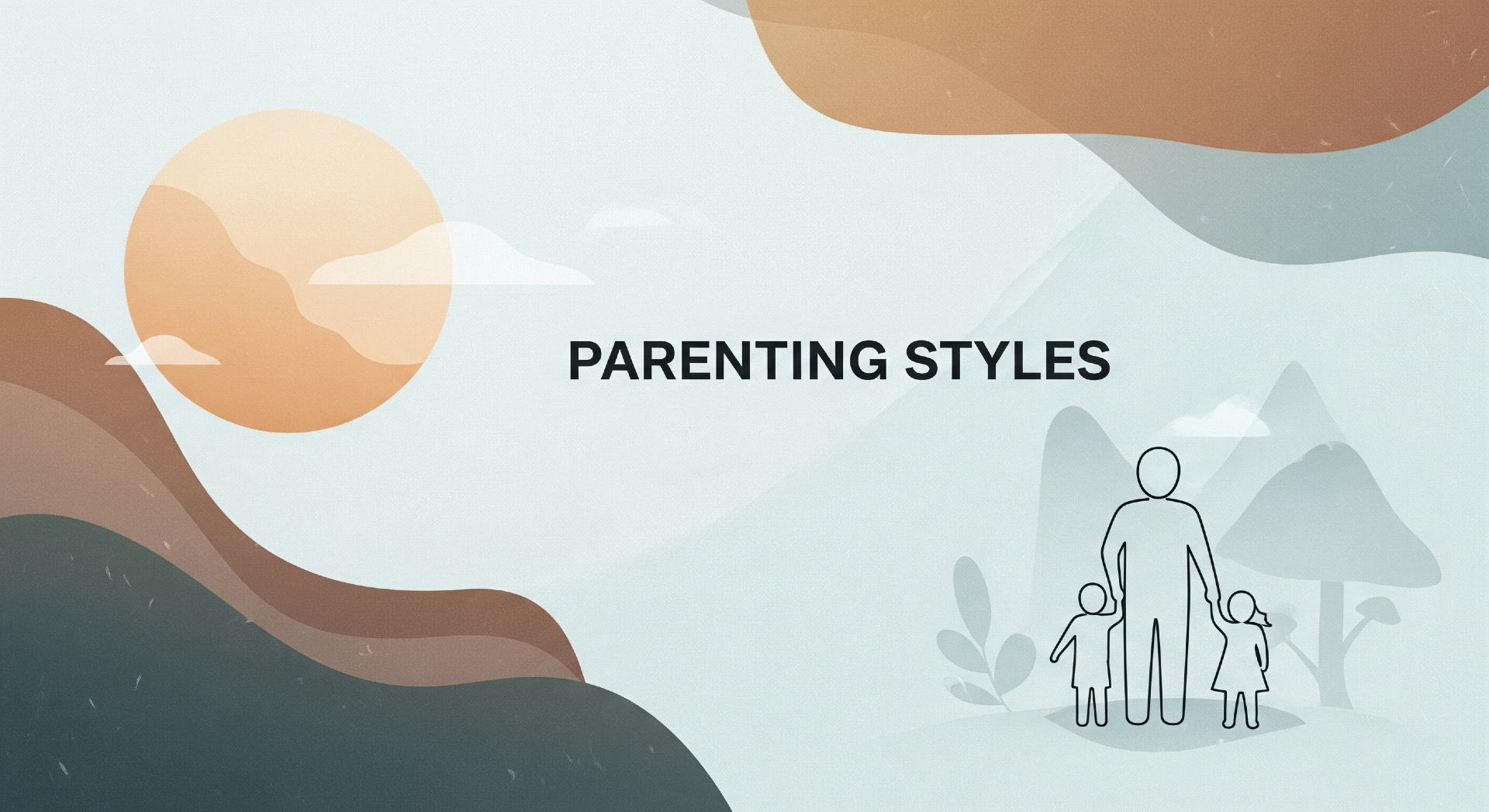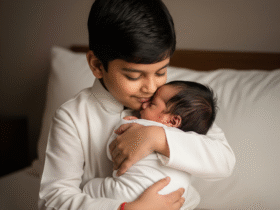As women, we frequently have to deal with a lot of emotions at once, trying to balance our own goals with the needs of our families and relationships. It’s interesting to think about how the parenting styles and approaches we had as children might affect our adult lives, shaping our deepest feelings and, in the end, our happiness in life.
Recent research suggests a strong link: the worry and anger we may feel now can often be traced back to how things were in our childhood homes. If we don’t deal with these feelings, they can get in the way of our happiness.
Getting to Know the Connection:
Authoritarian parenting: This method has severe rules, high expectations, and no warmth, which can make kids anxious without meaning to. Kids who grow up in these kinds of places may be afraid of failing, always need outside approval, and have trouble feeling good about themselves. The rage could come from feeling powerless or angry over what they see as unfairness.
Permissive Parenting: It may seem open-minded, but not having clear rules and constant advice can cause many kinds of emotional problems. Kids may have trouble controlling themselves, which might make them act on impulse and have trouble dealing with anger. When faced with problems, this can show up as rage, and when faced with a world without clear rules, it can show up as worry.
Neglectful Parenting: This method may be the worst because parents don’t show or respond to their children’s emotions. Kids may feel like they don’t matter or are invisible, which can make them feel very alone and abandoned. This can make you quite anxious about connecting with others and angry that you aren’t being noticed or heard.
Authoritative Parenting: This method is often thought to be the best since it combines warmth, clear expectations, and open communication. Kids are told to speak up, learn from their mistakes, and build a strong sense of who they are. This form of parenting often gives people better emotional control, which lowers their risk of chronic anxiety and anger and makes them happier with their lives.
Stop the cycle and accept your shade.
The good news is that knowing these connections gives us the power to heal and grow. The first step in changing our emotional patterns is to realize how the way we were raised may have affected them.
Self-Awareness: Think about how you feel for a while. When do you feel anxious or angry? Can you connect these feelings to certain things that happened to you as a youngster or beliefs that were taught in you as you grew up?
Emotional Regulation: Find ways to deal with worry and anger that are good for you. This could be being attentive, writing in a notebook, going to therapy, or doing things that make you happy and calm.
Taking care of your children again You: Give yourself the love, understanding, and limits that you may have missed. Take care of your inner kid and give yourself the emotional support you need.
Making good connections: Be among people who love you, respect you, and make you feel comfortable emotionally. These interactions can help you break old habits and create new ones that are based on trust and safety.
As women, we need to accept every part of who we are, including the problems and successes that have made us who we are. We can choose to make our future better by knowing how our past affects our present. This will provide us more serenity, joy, and deep life satisfaction.








Leave a Reply